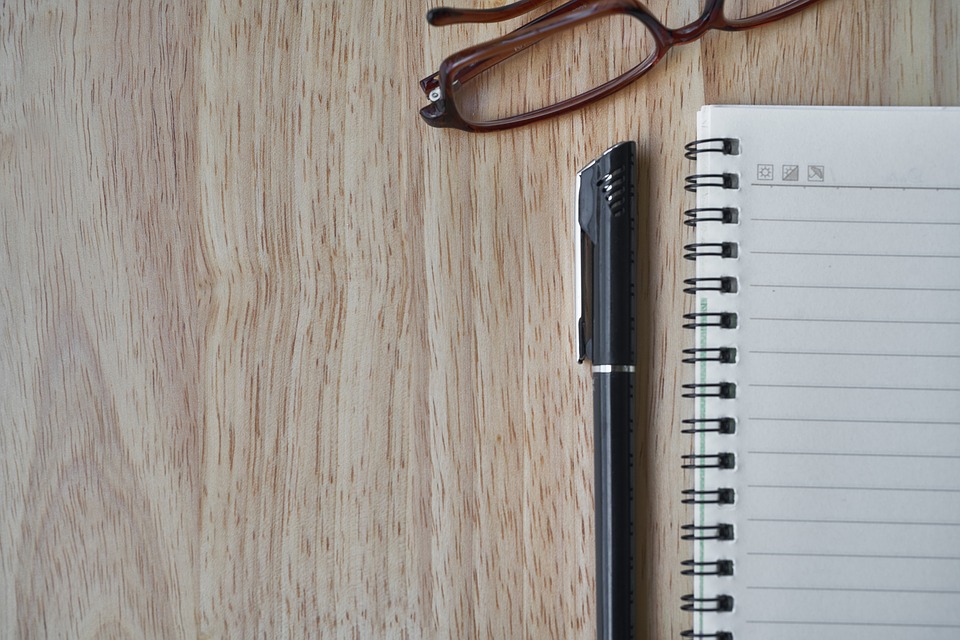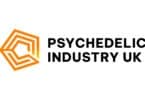CBD has long-been touted as the wonder medicine which helps anything from chronic pain symptoms to epilepsy. But could CBD help with drug addictions like heroin and opioids?
Question: How does CBD help with heroin or opioid addiction?
CBD lowers stimulus cue-induced heroin or opioid drug-seeking behavior, helping to prevent the heroin or opioid craving and relapse.
Question: Doesn’t CBD also help with the mental health issues that often lead to the addiction?
Absolutely yes. CBD is considered a vitamin for the brain, the same way that One-day is considered a vitamin for the body. CBD is very good for anxiety, and the mental health issues that are uncovered when one is addicted.
What the person often finds out is that before the addiction, one usually is unaware of these mental health issues. The addiction itself brings it out.
And CBD addressed it all.
CBD addresses the addiction, the withdrawal, the mental health issues, and the physical AND mental pain – which is often why the person sought the opioid to begin with.
Ref: “Cannabidiol, a nonpsychotropic component of cannabis, inhibits cue-induced heroin seeking and normalizes discrete mesolimbic neuronal disturbances.” J Neurosci. 2009 Nov 25;29(47):14764-9
Question: If the doctors stop prescribing opioids in the US, then the opioid crisis will stop. Right?
No. Opioids – like Vicodin, Oxycontin, Fentanyl – and even methadone, are highly addictive, almost as addictive as “crack”.
The FDA, just this week, is working with drug manufacturers to change the packaging for the antidiarrheal medication, loperamide (Imodium) due to reports of serious cardiac events, including cardiac death.
These events are occurring because the people who can no longer get opioids by prescription are now resorting to OTC medication, such as loperamide to get their opioid effect – and to treat their opioid withdrawal symptoms.
Question: Is CBD legal?
Yes, CBD oil made from industrial hemp plants are legal to be sold and bought in the United States. In 2014, Congress and President Obama signed into law the Agricultural Act of 2014 (also known as the “Farm Bill”). Under Section 7606, federal law does allow for the cultivation, processing and marketing of hemp and hemp products, which would include cannabinoids derived from industrial hemp. Under U.S. federal law, industrial hemp products (containing less than 0.3% THC) can be commercially shipped to all 50 states.
Question: What does the World Health Organization, say about CBD?
The WHO put out a report in Nov 2017 publicized to all the medical agencies declaring CBD to be safe, with many potential benefits, & recommended that it should remain fully legal.
Quoting from the report: “CBD is not associated with abuse potential,” “CBD is nontoxic” “CBD has no effect on embryonic development.” “The diverse” range of conditions for which CBD has been considered by scientists as a possible treatment is “consistent with its neuroprotective, antiepileptic, hypoxia-ischemia [controlling the flow of oxygen], anxiolytic, antipsychotic, analgesic [pain relieving], anti-inflammatory, anti-asthmatic and anti-tumor properties.” This contrasts with the DEA from the US that said (in 2017) that CBD should remain illegal.







